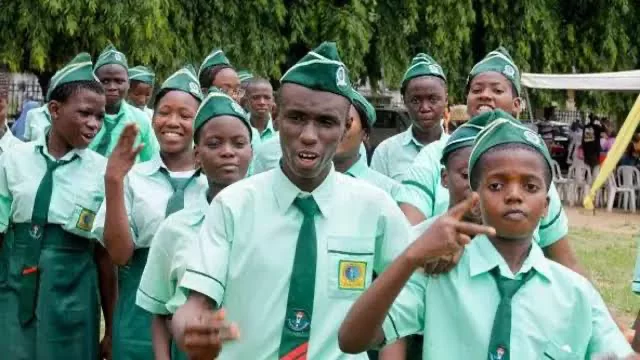FG Clarifies: JSS and SSS Not Scrapped, Proposes Free and Compulsory 12-Year Basic Education

The Federal Government of Nigeria has issued a statement clarifying that the Junior Secondary School (JSS) and Senior Secondary School (SSS) programs have not been scrapped. This clarification comes after widespread rumors and misinformation circulating on social media and other platforms.
Government Proposal for Free and Compulsory Education
Instead of scrapping the existing secondary school programs, the government proposes to introduce a new policy providing free and compulsory 12-year basic education to all citizens. This initiative aims to ensure that every Nigerian child has access to quality education, regardless of their background or socio-economic status.
Objectives of the Proposed Policy
The proposed policy seeks to achieve several key objectives, including:
- Improved Access to Education: By providing free and compulsory education, the government aims to increase enrollment rates and reduce the number of out-of-school children.
- Enhanced Quality of Education: The policy proposes to improve the quality of education by investing in teacher training, infrastructure development, and curriculum reform.
- Increased Literacy Rates: By extending basic education to 12 years, the government hopes to significantly improve literacy rates and equip citizens with the skills needed to compete in the global economy.
- Reduced Poverty and Inequality: The policy aims to address poverty and inequality by providing education as a tool for social mobility and economic empowerment.
Reaction from Stakeholders
The proposed policy has received mixed reactions from stakeholders, including educators, parents, and civil society organizations. While some have welcomed the initiative as a step in the right direction, others have raised concerns about the feasibility and sustainability of the proposal.
Implementation and Funding
The government has not yet provided details on how the proposed policy will be implemented or funded. However, it is expected that the policy will require significant investment in education infrastructure, teacher training, and educational resources.
Conclusion
The Federal Government’s proposal for free and compulsory 12-year basic education has the potential to transform Nigeria’s education sector and improve the lives of millions of citizens. While there are challenges to be addressed, the government’s commitment to education is a step in the right direction. As the policy unfolds, it is essential that stakeholders work together to ensure its successful implementation.






